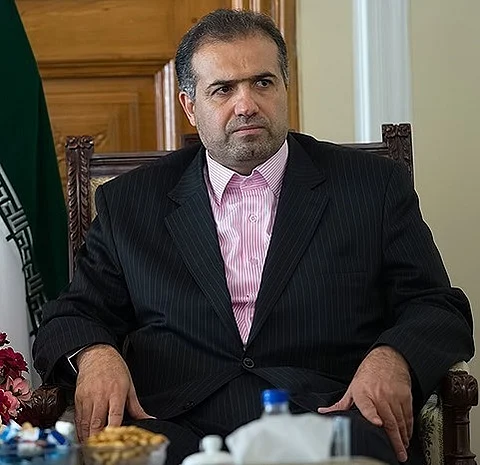

Iran has officially confirmed that its Comprehensive Strategic Partnership Treaty with Russia has entered into full force, signaling a major geopolitical shift in the region.
In an interview with Russian news agency RIA Novosti on Friday, Iranian Ambassador to Russia Kazem Jalali announced that the treaty is now active, having become law in Iran last month. The agreement was originally signed by Iranian President Massoud Pezeshkian and Russian President Vladimir Putin on January 17, ratified by Iran’s Parliament on May 21, and approved by the Guardian Council on June 11—just two days before Israel launched its attack on Iran. Final approval by Iran’s Supreme National Security Council (SNSC) came immediately after the conclusion of the 12-day conflict with Israel.
While the treaty does not include a mutual defense clause—something Putin confirmed Iran had declined—it nonetheless reflects the rapidly expanding strategic alignment between Moscow and Tehran. In recent days, open-source data has indicated regular flights of Russian military cargo aircraft to Tehran, fueling speculation about the transfer of weapons systems.
This potential arms flow comes amid Iran’s ongoing recovery from heavy losses sustained during the initial stages of the U.S.-backed Israeli military campaign, which had largely neutralized the country's air defense infrastructure. Though Iran declined Russia’s offer to help construct a system comparable to Russia’s own, it has instead focused on revitalizing its domestic air defense capabilities, particularly its short- to medium-range anti-drone systems, which began showing signs of recovery during the latter stages of the conflict.
Iranian officials have made clear that the ceasefire is being viewed as temporary. Last week, Iran's Defense Minister, Brigadier General Aziz Nasirzadeh, stated: "We don't trust the ceasefire at all. The Israelis are plotting. We are treating this simply as a time to prepare ourselves and plan multiple scenarios for the next round."
At the same time, Tehran remains unwilling to reopen indirect negotiations with Washington. In the same interview, Ambassador Jalali confirmed that conditions were not yet in place for the resumption of talks, citing the attack on June 13, when Israel, with U.S. backing, struck Iran just 48 hours before a scheduled sixth round of nuclear negotiations.
The activation of the Iran-Russia partnership marks a substantial step in solidifying a multipolar regional order, with both nations now openly coordinating strategic, military, and economic agendas in defiance of Western influence.